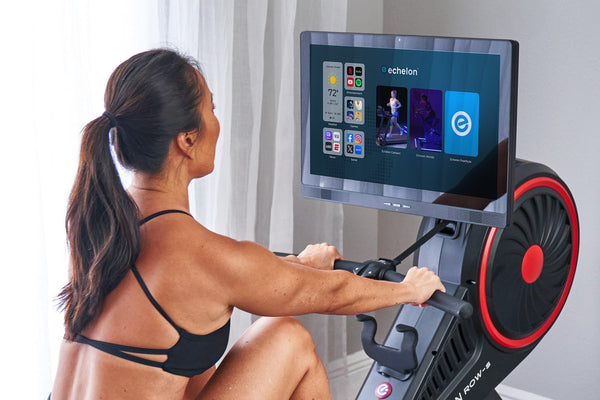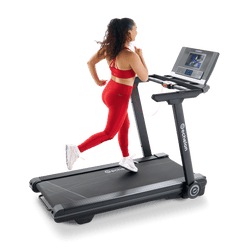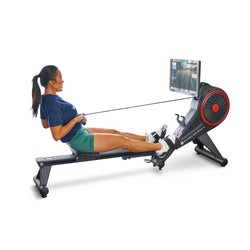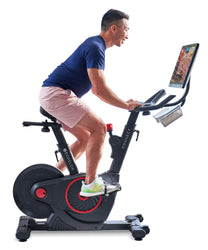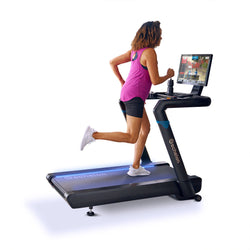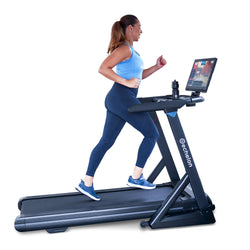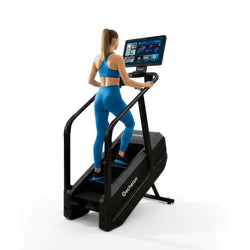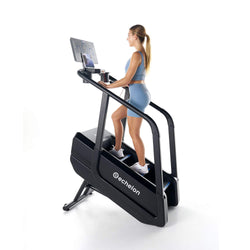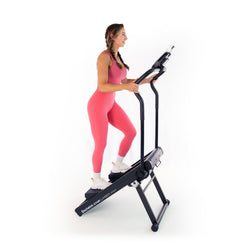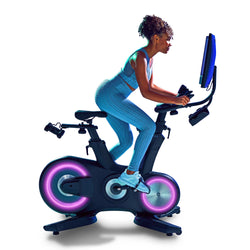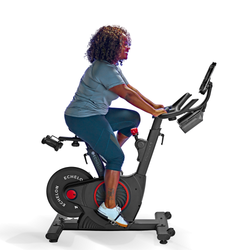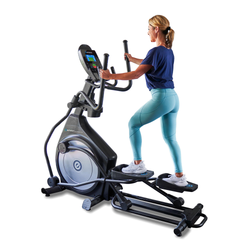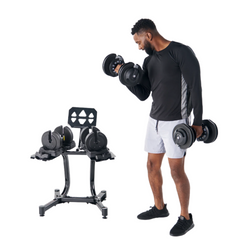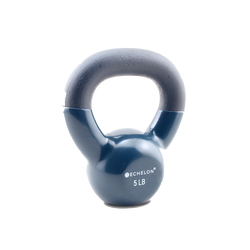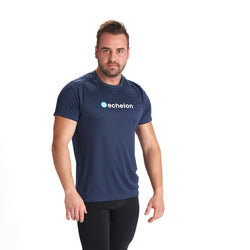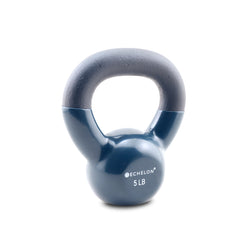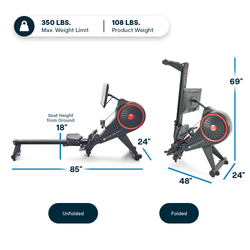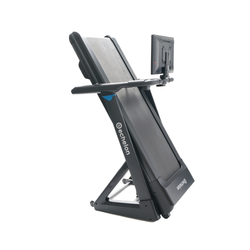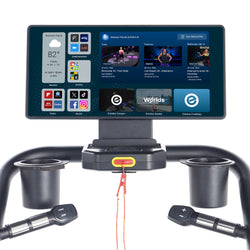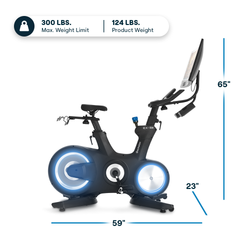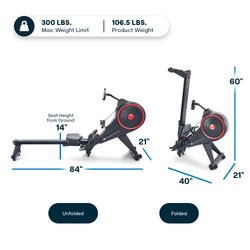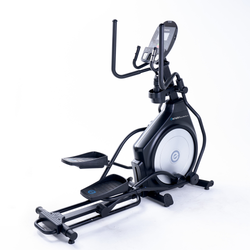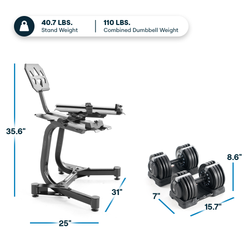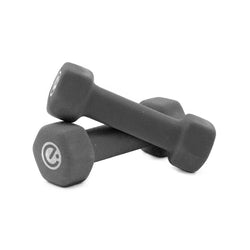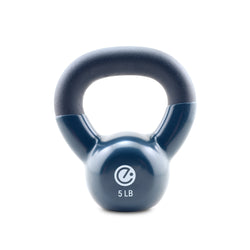How Exercise Improves Your Job Performance
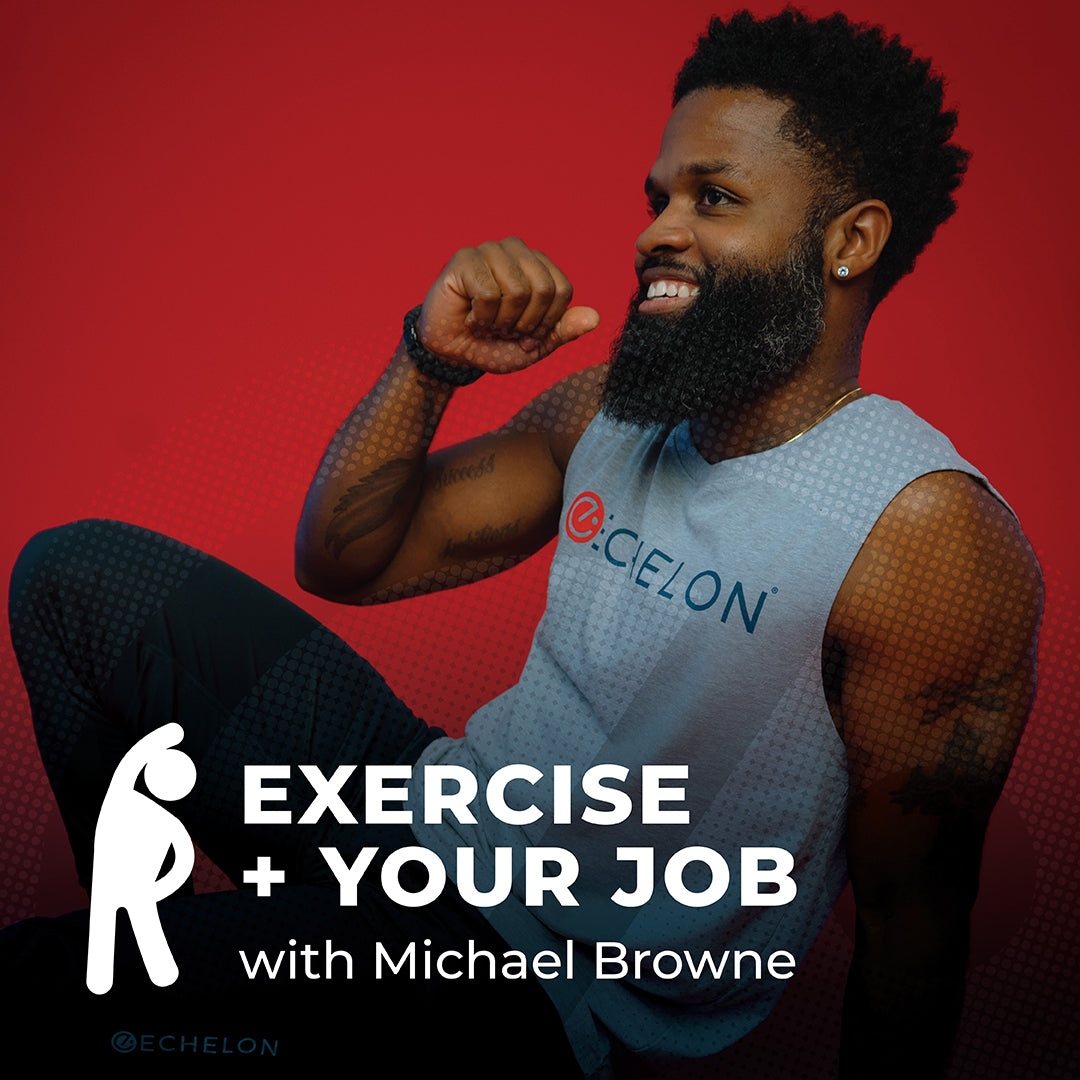
We often view exercise as something completely personal and, therefore, separate from our professional lives. However, there is a very clear connection between your health and your work performance. Many studies have demonstrated how regular physical activity can improve your stress levels, mood, cognitive ability, and productivity. Here you’ll find scientifically-backed tips from our resident expert Michael Browne. In addition to being an Echelon instructor, he has a degree in Corporate Wellness. Here are Michael’s top ways that fitness impacts your job.
Exercise Improves Your Stress Levels
According to the American Institute of Stress, the primary source of stress for adults in the US stems from employment. Stress can inhibit your job performance and satisfaction as well as your overall health.
“I wouldn’t know another way better that can relieve stress than exercise,” Michael says. “For me, it’s a must.” The research backs up his experience.
It is important to note that not all of stress is bad. There are two types of stress: distress and eustress. Distress — the kind of stress we’re referring to in this article — is associated with poor performance and health concerns. Eustress, on the other hand, is positive stress that is tied to improved performance and productivity.
As we already mentioned, stress is about more than feeling overwhelmed; it can also have serious health implications. One study indicated that between 75-90% of visits to primary care physicians are because of stress-related illnesses. Stress can lead to health issues like heart disease, diabetes, depression, anxiety, headaches, neck and back pain, and sleep issues.

Exercise can potentially reduce your time at the doctor and make you feel noticeably less stressed at work. 20-30 minutes of cycling, running, or rowing can provide a calming effect that lasts for several hours.
More recent research around “mind-body” exercise, such as yoga, delves into how it can help relieve acute stress. Feeling wound-up at your desk? Try fifteen minutes of chair-based yoga postures to reduce the physical impact of stress.
Exercise Improves Your Mood
There is a natural correlation between doing something you enjoy and an improved mood. However, it is more than simply enjoying exercises — working out can impact your mood on a chemical level.
There are mechanisms in your body that trigger when you exercise. These mechanisms increase mood-enhancing neurotransmitters, like endorphins, in your brain. Additionally, exercise relieves muscle tension, improves sleep, and reduces cortisol, which all have a calming effect on the body.

You may feel an immediate mood boost after exercise. One study demonstrated improved mood in the brain 30 minutes after running. Another study showed that a significant improvement in mood was documented at two, four, eight, and 12 hours after exercise.
“Over time and with consistency, exercise directly affects the mood,” Michael says. “It allows you to work more effectively and with consistent output day in and day out.”
Exercise Improves Your Cognitive Ability
Michael reminds us that our brains rely on oxygen to function properly and that, in turn, impacts cognitive ability. “Oxygen is vital to our existence and is a must for our cognitive ability,” he explains. “Oxygen helps to keep our minds clear during exercise, but also throughout the day at work.”

Research shows that as little as 15 minutes of exercise can boost oxygenation in your brain, improving cognitive function. You then have the ability to pay attention to your work and stay focused on tasks, increasing your work performance. Including a 15-minute lunchtime workout or a brisk walk when you are struggling to focus can get you back on track.
Exercise Improves Your Productivity
The way in which exercise impacts your productivity varies but is beyond doubt. Exercise is linked to improved concentration, better time management, and fewer missed workdays.
Michael emphasizes that an exercise routine is critical to improving your productivity at work. Setting up a regular fitness schedule will help you establish lifelong habits that improve your productivity.
According to Michael, the challenge is convincing people to slow down and prioritize health. “I have had to explain to elite athletes, members, and clients that exercise is for you,” he says. “You can then help others, the team, keep the project or demands on hand moving along.”
Many of these topics are linked to improved individual productivity. Less stress, better mood, and improved cognitive ability will inherently boost your ability to concentrate, problem-solve, and manage important tasks.
The other aspect of productivity is a little more tangible. Absenteeism and presenteeism is a widespread issue in the professional world. When you are physically absent from work due to an illness, you are obviously unable to produce. However, going to work sick is not the answer either. Underperformance due to poor health, known as presenteeism, can cut your individual productivity by one-third. As we already discussed, many illnesses can be tied to a lack of physical activity.
Take the Next Step
Exercise has many obvious benefits, but it is easy to overlook how your physical fitness can impact your work. No matter what you want to achieve at work, adding regular workouts to your routine can help you reach that goal.
Join us in adopting Michael’s mantra: “Seize the day to keep stress away!” Sweat out your stress and push towards new goals with Michael and our other Echelon instructors live or on-demand anytime, anywhere.
New to Echelon? Join the Echelon community to discover how exercise can help you reach your fitness and career goals!

Michael Browne
Michael is a life-long athlete who has been working as a professional fitness instructor since graduating college. After completing his A.S. in Accounting, Michael looked for a way to combine his love of fitness and his analytical mind. The answer was a B.S in Corporate Community Wellness with a concentration in Human Performance. His course load was designed to lead to the creation of healthy lifestyle programs for businesses and included multiple business classes as well as anatomy, physiology, and biomechanics. We are grateful to have such an expert on our instructor roster!
